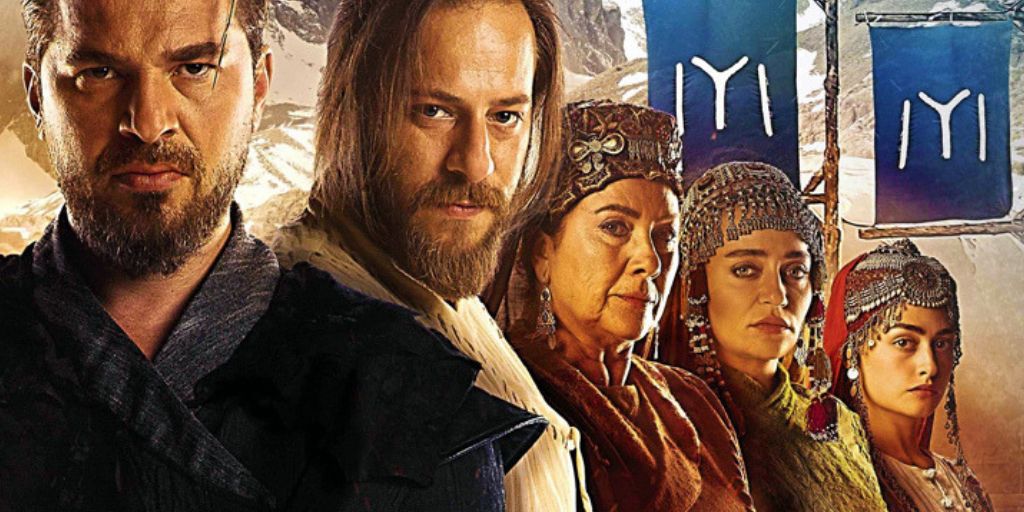The controversial issue of renewing religious discourse in Egypt, which Abdel Fattah al-Sisi took upon himself years ago, took a new turn that reached the school curricula, which sparked widespread controversy in Egypt.
This step came on the grounds that the school curricula is the easiest way to implement al-Sisi’s vision regarding the “revision” of the curricula for religious education, history, and the Arabic language in particular.
The Parliament’s Defence and National Security Committee is discussing a government plan for what it called confronting extremism and terrorism, which includes teaching a new course on the common values of religion, and the principles of tolerance, citizenship, and coexistence. Things were proceeding normally until the Ministry of Education revealed that “there are directives [without specifying their source] to limit religious texts to the subject of religion only,” in response to a question about why there are religious texts in the curricula other than the religious curriculum (Arabic language for example).
A member of the National Defence and Security Committee, Freddy al-Bayadi, described placing religious texts in Arabic language, history, and geography courses as constituting a “great danger” and giving room to teachers who are not qualified to interpret those texts with extremist and destructive interpretations, as he claimed. These statements sparked widespread criticism by experts, specialists, and politicians, in addition to the surprise that the issue was discussed in the National Defence and Security Committee and not in the Education Committee, which is entrusted with reviewing the curriculum with ministry officials. Two days after the session, Deputy Minister of Education, Reda Hegazy, denied what was reported on social media about the deletion of Qur’anic verses and hadiths from the Arabic language and history subject, under the pretext that this is spreading extremist ideas.
The development of the school curricula, on the pretext of revising it, was among the topics and texts from the recommendations of the Wasatia Forum held in May 2015 at the Supreme Council for Islamic Affairs at the Ministry of Endowments under the title “Renewing the Mechanisms of Religious Discourse.” The document called for “developing the curricula, the method of training preachers, as well as calling for cooperation by state institutions and sectors to produce a discourse commensurate with the circumstances of the times.”
Observers believe that the issue is also related to confronting the ideals of certain Islamic political opposition currents, but it remains exclusive to reviews of power and liberal currents, away from religious institutes, as well as official religious institutions, including al-Azhar. Al-Azhar’s Grand Imam Ahmad al-Tayeb preferred to wait and move according to its own mechanisms, which did not live up to the authority to a large extent. It was notable what happened years ago, specifically in April 2015, when the Undersecretary of the Ministry of Education in Giza Governorate, Buthaina Kishk, burned dozens of books in the courtyard of a school.
This incident came after al-Sisi called for renewing religious discourse and refuting heritage books in early 2015, claiming that it incites violence and terrorism. However, human rights organisations expressed their grave concern about the incident and considered it a flagrant violation of the freedom of artistic and literary creativity guaranteed by the Egyptian constitution and international charters and conventions on human rights. In a speech broadcast on state television last January, in front of a crowd of al-Azhar scholars on the occasion of the anniversary of the Prophet’s birthday, al-Sisi called for a “religious revolution,” noting that he does not mean the constants of religion, but the militant ideas that have gained sanctity over several centuries.
Commenting, the Egyptian parliamentarian and former member of the Education Committee, Mahmoud Attia, asked: “What is the relationship of the Defence and National Security Committee with discussing issues of the school curricula?”. Attia added, “The Qur’an is a method of life and not a subject to study, and there is a strong and close connection between the Arabic language and the subject of religion.” He explained that the matter is not new, as there were previous attempts to teach ethics in schools to students, but they failed due to the presence of a parliamentary opposition at the time and representatives who were not controlled. But now I do not expect anyone to oppose any proposal in this regard.
As for the former representative of the Religious Committee in the Egyptian Parliament, Muhammad al-Sagheer, he criticised what he considered persistent attempts for years to obliterate Egypt’s Islamic identity. He said that “attempts are being made for seven years, each of its episodes represents an aggression against the Islamic religion, a belief, and Sharia.” He warned that the next stage might witness the replacement of the book of religious education with the book of ethics or shared values.
Al-Sagheer emphasised that the Arabic language cannot be separated from the Qur’an texts and the hadiths of the Prophet, and any direction to separate them aims to reduce their impact on the souls of people, as it is an aggression against the Arabic language. He considered that an explicit accusation of religious texts that they feed extremism and terrorism. He said that what is noteworthy is the discussion of the topic in the committee of National Security and Defence, in the silence of the Education Committee, the Religious Committee, and the Salafi-oriented Nour Party.
The Ministry of Education formed a committee of educational experts in March 2015 to review the curricula of the stages of education to “revise them from all ideas calling for violence and extremism,” as well as political and religious ideas that could be misunderstood, in addition to removing redundancy and repetition, according to a ministerial statement.





Recent Comments